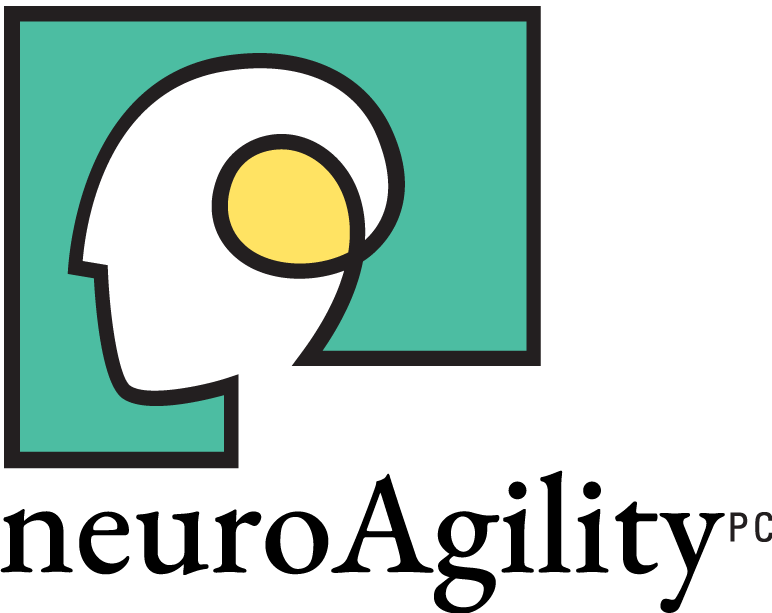-
Yes, teens are texting and using social media instead of reading books, researchers say
·
· TeensA new study has alarming findings, but is probably not surprising to anyone who knows a teenager: High-schoolers today are texting, scrolling and using social media instead of reading books and magazines…In their free time, American adolescents are cradling their devices hours each day rather than losing themselves in print or long-form media, according to…
-
To Remember, the Brain Must Actively Forget
·
What hasn’t received nearly as much attention from memory researchers is how the brain forgets. “The vast majority of the things that are happening to me in my life — the conscious experience I’m having right now — I’m most likely not going to remember when I’m 80,” said Michael Anderson, a memory researcher at…
-
Escape to another world
·
As video games get better and job prospects worse, more young men are dropping out of the job market to spend their time in an alternate reality. Ryan Avent suspects this is the beginning of something big Read full article: The Economist 1843, “Escape to another world.”
-
I Learned I Have Sleep Apnea. It’s More Serious Than Many People Realize.
·
· SleepSleep apnea can be downright deadly, and not just for those who have it. It’s associated with a greater risk of depression, heart attacks, strokes and other cardiovascular conditions, as well as insulin resistance. As I learned, there’s no reason to meekly accept sleep apnea: There are many treatment options that can control it. Read…
-
Endless Gaming May Be a Bad Habit. That Doesn’t Make It a Mental Illness.
·
The World Health Organization last month added “internet gaming disorder” to its manual of psychiatric diagnoses, and the reaction was, shall we say, muted. At a time when millions of grown adults exchange one-liners with Siri or Alexa, the diagnosis seems years overdue, doesn’t it? Read full article, The New York Times, “Endless Gaming May…
-
‘Cutting Edge’ Program For Children With Autism And ADHD Rests On Razor-Thin Evidence
Brain Balance says its nonmedical and drug-free program helps children who struggle with ADHD, autism spectrum disorders and learning and processing disorders. The company says it addresses a child’s challenges with a combination of physical exercises, nutritional guidance and academic training. An NPR investigation of Brain Balance reveals a company whose promises have resonated with…
